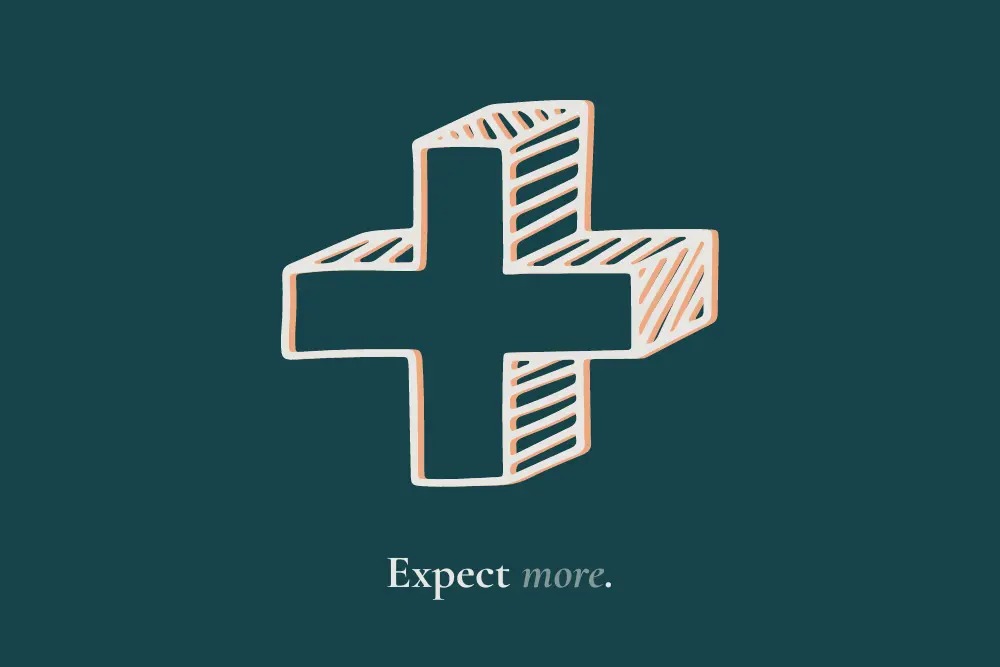Why Your New Year’s Resolutions Fail

Changes Takes Courage
It’s time to consider throwing away the concept of new year’s resolutions altogether.
New Year’s resolutions are the goals or intentions that we set for ourselves about things in our life that we would like to improve upon. Some resolutions may centre around losing weight, eating healthy, or getting one’s dream job. But, have you ever noticed that while at the start of the year you may feel motivated to achieve these goals, after a few weeks pass you end up feeling like you can’t keep up?
If this is something you experience, know that this is completely NORMAL. Still, maybe it is time to consider throwing away the concept of new year’s resolutions altogether, and I am going to tell you why.
Why Your New Year’s Resolutions Tend to Fail
There are several reasons why most people struggle with actually achieving their new year’s resolutions, and why they tend to fail and initiate a cycle of negative emotions and self-talk.
Reason #1 – Too much pressure
Setting New Year’s resolutions puts A LOT of pressure on a person. We get stuck in this black and white thinking where we are only productive, successful, worthy, or making positive change if we achieve our goals. If we don’t, then we are losers or failures. This is especially true for people with perfectionistic tendencies. This pressure we put on ourselves to attain our goals can then become toxic to our wellbeing and turn the start of the new year into a negative experience, and we definitely do not want to start the new year off on those terms.
Reason #2 – Too vague or unrealistic
Many people start the year by writing out a long list of vague, lofty, and unrealistic goals, with no real plan in place for how one can actually achieve them. This can ultimately create feelings of being overwhelmed, which can then contribute to feelings of anxiety and low self-esteem. Once this begins, our natural fight or flight stress response reacts by wanting to escape whatever it is that is making us feel that way, which often means saying goodbye to our resolutions and saying something along the lines of “better luck next year” or “what is wrong with me? Why can’t I do this?” In doing so, we are again increasing the unpleasant feelings of failure, guilt, and shame. The more we engage in this cycle, the less likely we are to want to do it again in the future.
We do not always have to start the new year with this idea that we are going to create so much change in our lives just because the calendar has turned, or by snapping our fingers. This is not realistic, and again, does not set us up for success.
Reason #3 – We aren’t looking inwards
Many people set goals without looking inward and being curious about their patterns and behaviours. Why is it that every year you set a particular goal for yourself, and then can’t achieve it? What could be holding you back? Is it fear of uncertainty, or change?
On a conscious level, people may want to make changes in their lives so desperately, but often don’t understand what is holding them back subconsciously. Often “shoulds” become our goals, but not because they’re important to us, instead because we create a belief around them
The reality is, when we are out of our comfort zones or typical routines, fear of what is new can hold us back from committed action, which can lead to procrastination, creating a cycle of negative self-talk and self-defeating behaviours that push you further away from the person you want to be. The only logical conclusion then when we don’t reach our goals is to beat ourselves up and feel like something must be fundamentally wrong with us. This definitely doesn’t motivate you to keep trying, right?
So instead of setting surface level goals, try taking this year to better understand yourself, your values, your motivations, and what truly nourishes you. Breaking your New Year’s resolutions actually gives you really good insight into yourself and your behaviours, so use this to your advantage and as a chance to explore yourself. THAT is always a good goal to have.
So what now?
Now that we have discussed significant reasons why new year’s resolutions tend to not work out, let’s focus on what you can do instead. Here are some helpful things to remember when making alternatives to setting rigid and unrealistic goals.
Failure is NORMAL
It is important to understand that failure is a normal and universal human experience. No human being succeeds at everything they set out to do, and especially not right away. We are all growing and learning every day, and that is enough. We do not need to push ourselves to extremes in an attempt to avoid feeling like a failure, or to feel “productive” by setting goals that we will likely not be able to obtain or maintain over time. It is important to remember that positive change does not happen overnight: it takes time, practice, and a lot of patience, which leads me to my next point.
Give yourself grace and self-compassion
We all have an inner critic, and it tends to become very loud when it comes to new year’s resolutions. It tells us that we are stupid, or useless, or a failure if we do not achieve x, y, or z. This is why it is so important to have grace for ourselves, to allow ourselves to fail, to make mistakes, and to fall on our faces from time to time. Again, we are only human! Be as gentle, patient, and kind to yourself as you can be to quiet the inner critic that wants to create pain and beat you down. You wouldn’t say those things to someone else, right? Instead, consider what you might say to a beloved friend or family member who might be in the same place, and then say it to yourself.
Mutual Accountability
“But Samantha, what if I still want to work on myself, or make changes in my life?” That is a completely valid question. I am not saying that throwing away the concept of setting new year’s resolutions means that you cannot challenge yourself to make improvements in your life. You can absolutely still strive for this. Challenging yourself to grow and do better is healthy, as long as you remember to be gentle and patient with yourself throughout the process.
Finding someone who can keep you accountable is one way you can help yourself continue to grow. Find someone you love and trust who can participate in your goals alongside you, or who can check in with you frequently. This person must be supportive and encourage you to continue challenging yourself, while also reminding you to be patient and gentle with yourself. Can you think of someone in your life who can take on this role? Could you be that person for someone else?
The Moral of the Story
At the end of the day, New Year’s resolutions are not always great for our mental health and overall wellbeing. Therefore, ditch the rigid, intimidating, and limiting goals for yourself! Instead navigate the year with the mindset of living life day-by-day, remembering that you are human, and that you are deserving of all positive things.
January 1 is just a date on a calendar. This isn't only your chance to start new habits, but it is a great opportunity to let go of self-imposed pressure or guilt. Every day is an opportunity to start anew. Making changes takes courage, trying something new takes courage, and yes, even FAILING takes courage. We all should adhere to author and artist Mary Anne Radmacher:
"Courage doesn't always roar. Sometimes courage is the little voice at the end of the day that says I'll try again tomorrow."
To courage and to trying again tomorrow!
This article was written by Samantha Fogel during their time at Shift Collab.












.gif)







![Why You Need to Unfollow [@YourEx]](https://cdn.prod.website-files.com/625ec823c07cd8de32e1bae2/684af2346eb36cf47933e7ab_20240206T0910-707e5b7e-9802-42a3-8070-ba67b8dc33fd.webp)






![Summer Lovin' [not] Havin' a Blast](https://cdn.prod.website-files.com/625ec823c07cd8de32e1bae2/684af26ed2b68f821b628848_20240206T0910-fd1563e4-34d1-49e6-af59-9b95c717196a.webp)













































































